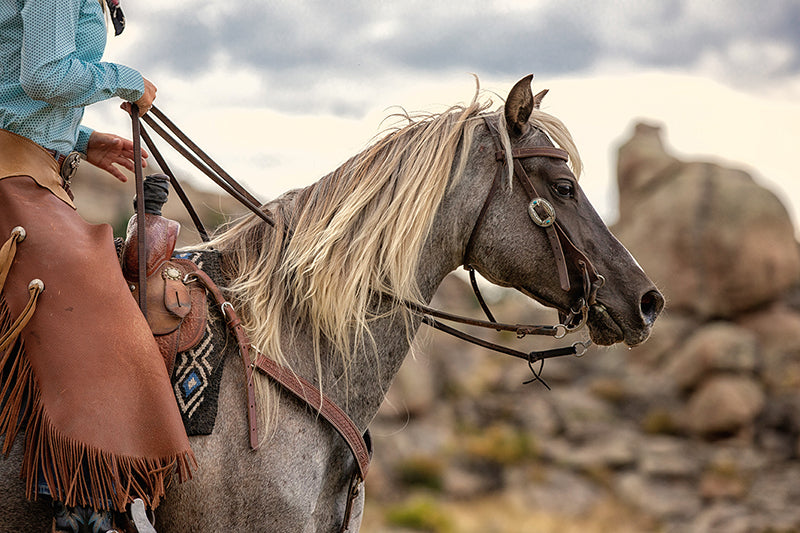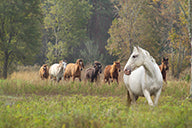The Spanish Horse - Iberian Intrigue from New Native American Research
The Spanish horse has had enormous influence on horses around the World. New research indicates that the scope of this influence is bigger, and older than believed.
80 scholars and scientists, whose work was published in March 2023 have shown that horses were roaming America on The Great Plains and Northern Rockies from the early 1600s. Research also shows clear evidence that these horses were living among people and being ridden.
The Spanish influence has long been documented, but people of the Lakota, Comanche and Pawnee say they always knew through folklore, that this important part of their history began before the Pueblo Revolt of 1680 when Spanish colonizers were forced out of New Mexico, and thousands of Spanish horses were left behind. This has long been the normal attribution of the establishing of Spanish horses in America and horse riding as part of Native American culture.
However this new work shows that the horse human relationship with indigenous people began earlier than 1680. It is believed these earlier horses either ran away from Spanish camps, or were traded through networks of tribes. It is now known that horses were being used in the early 1500s with total integration into daily life by the early 1600s. DNA tests reveal clearly that the horses were all of Spanish descent.
Lakota scholars seeking to right historical wrongs, implemented the studies looking at the genetics of their equine friends. They felt very strongly that their relationship and cultural connection with the Spanish horse was far older than American and European texts indicated. They have been proven correct that they were riding and working with horses before the encounters with Europeans.
It is absolutely fascinating that the horses were still of Spanish origin despite the earlier arrival, opening up lots of interesting discussions, we previously wrote of the very rare Sorraia horses of Portugal, closely related to the Marismeño seen across the Iberian Peninsula. Their unique primitive dun or Grullo colouring is the same found in the American Rocky Mountain horses, and Sorraia DNA has also been found in some American Mustangs. This new research is just the beginning of a new level of understanding the fascinating and ancient history and influence of the Iberian horse.
At the Festival, you will be able to meet breeders of Rocky Mountain Horses who are coming to demonstrate their horses in the outdoor display area. Discussing this sort of history will very much be the order of the day! You will find them in La Plaza area, precise timings will be confirmed closer to the festival.
Buy tickets for the Festival of the Iberian Horse Here


